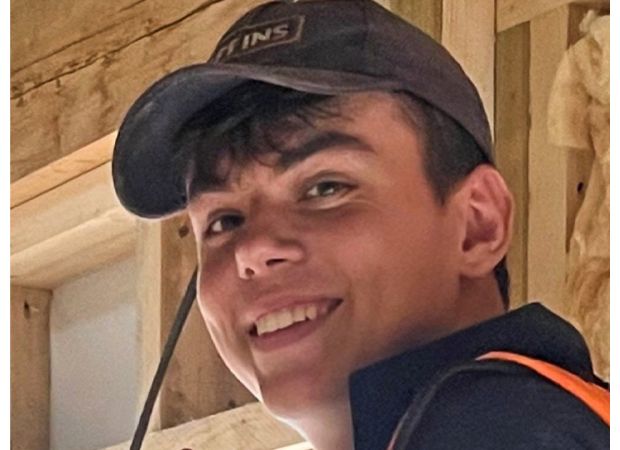A teenager died in a car accident despite calling for help through their iPhone.
Police did not show up because dispatchers noted that no one had requested assistance.

Nineteen-year-old George Dillon's life was abruptly cut short in a tragic car accident last year. Despite his iPhone's advanced technology and automatic emergency feature, help did not arrive in time to save him. On May 20, George lost control of his VW Golf while navigating a bend in Romsey, near Southampton. His phone, equipped with a security feature, sensed the impact and immediately alerted emergency services with his location.
Unfortunately, the police response was delayed due to confusion over the nature of the call. The operator noted that there was no direct request for assistance and no discernible sounds of distress in the background. When they attempted to call back, it went straight to voicemail. The department's intelligence team was unable to identify the caller, leaving George without the urgent help he needed.
It wasn't until a bystander stumbled upon the crash scene and made a call 20 minutes later that emergency services were finally dispatched. By then, it was too late. George had sustained catastrophic injuries that claimed his life two days later at Southampton General Hospital. The coroner, Henry Charles, has since called for better training for police in handling automated emergency calls from devices like iPhones.
Apple's introduction of the crash detection feature, which automatically calls emergency services in the event of a severe car accident, was a major advancement in technology. However, Mr. Charles believes that there is room for improvement in the way police respond to these types of calls. In his report, he points out that false alarms from electronic devices are common and often provide inaccurate locations. He also stresses the importance of swift action when there is an indication of a collision that could potentially be life-threatening.
During the inquest, it was revealed that Hampshire Constabulary received an automated call at 10:26 pm on the night of George's accident. However, it took them less than 20 minutes to determine that the call was a false alarm. Had it not been for a separate call from a member of the public at 10:45 pm, it's possible that no further action would have been taken. Mr. Charles expressed concern over the fact that this new technology was still in its early stages at the time of the accident and that there needs to be a review of the understanding, training, and procedures for responding to these types of calls.
He believes that action needs to be taken to prevent future deaths and urges the police force to respond within eight weeks. It's clear that there is a need for better protocols in handling automated emergency calls from devices like iPhones. The tragic loss of George Dillon's life should serve as a wake-up call for all involved to ensure that this type of situation does not happen again.






